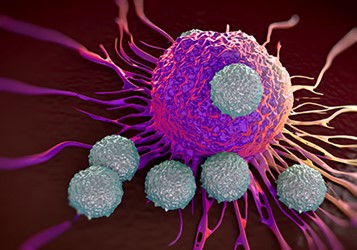Introduction To CAR T-Cell Therapy Part 1: Background & Current Development Landscape
By Ashley Herrick

With the approvals of tisagenlecleucel (KYMRIAH™) and axicabtagene ciloleucel (YESCARTA™) last year, chimeric antigen receptor (CAR) T-cell therapies have changed the treatment paradigm for patients with certain hematologic malignancies.
What is CAR T-cell therapy?
CAR T-cell therapy involves re-engineering a patient’s own T-cells to recognize and eradicate cancer. These T-cells are genetically altered to express artificial receptors which enable the T-cells to bind to a specific antigen on the patient’s tumor cells and kill them. Unlike T-cell receptor-mediated immune reactions, CAR T-cell mediated immune reactions lead to direct recognition of extracellular tumor-associated antigens; however, immunogenicity can be challenging.
Continue reading to learn more about the advantages and challenges of CAR-T cell therapy as well as what the future may hold.
Get unlimited access to:
Enter your credentials below to log in. Not yet a member of Life Science Leader? Subscribe today.
